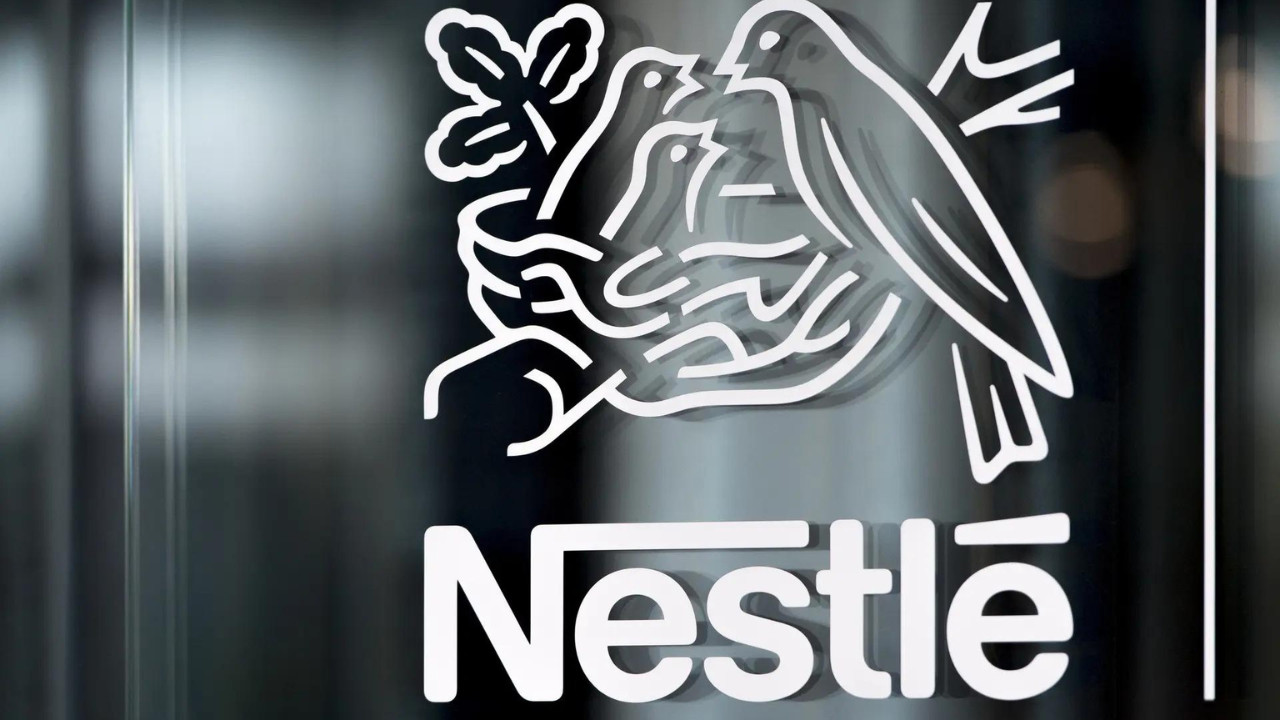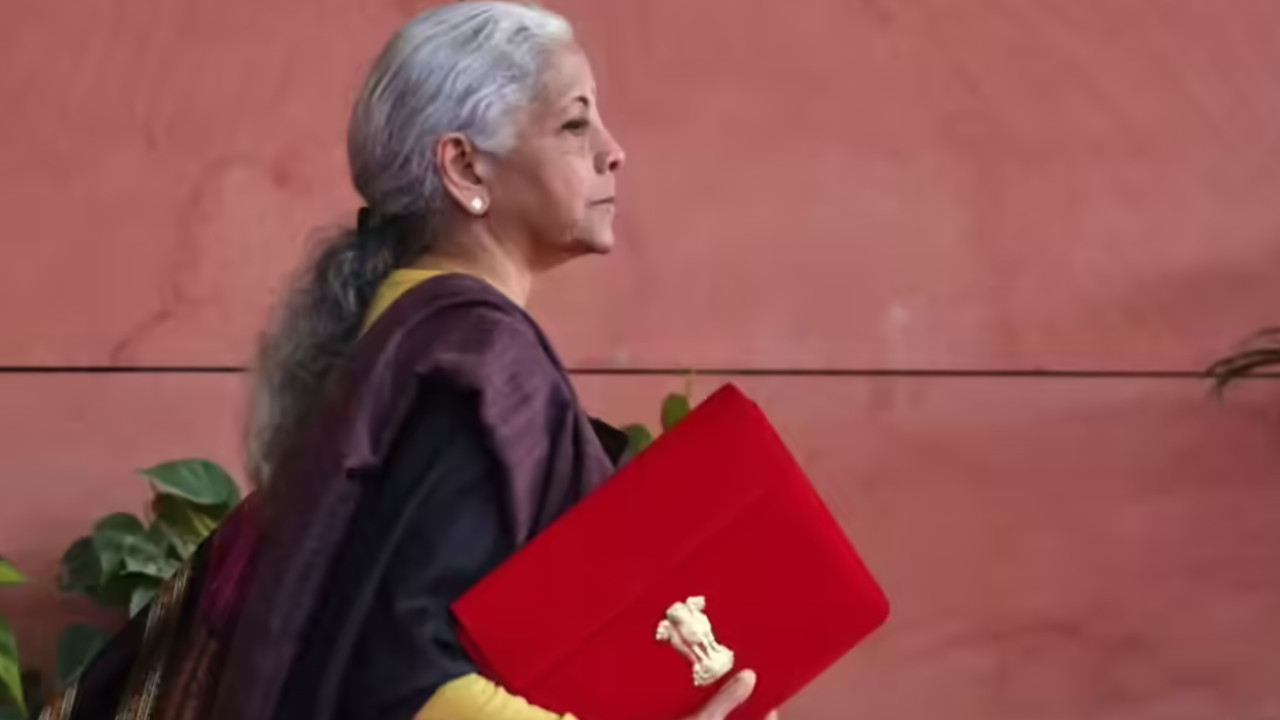Nestle’s shares experienced a dip following the unexpected early departure of Chairman Paul Bulcke, adding to recent leadership turmoil. This exit, months ahead of schedule, follows the dismissal of CEO Laurent Freixe due to misconduct. Investors link Bulcke’s departure to the company’s recent instability, hoping for a return to stability under new leadership.
Shuffling at the Top: What Nestle’s Leadership Change Means
Nestle, the name synonymous with everything from baby formula to chocolate bars, is experiencing a significant shift in leadership. News recently broke that Chairman Paul Bulcke will be stepping down sooner than initially planned, sending ripples through the stock market and prompting speculation about the future direction of the food and beverage behemoth. The company’s shares dipped by 0.5% following the announcement, a relatively minor tremor, but one that underscores the weight Bulcke carries in the eyes of investors.
Bulcke, a seasoned veteran who has steered Nestle through both calm waters and turbulent storms, was initially expected to remain at the helm until 2025. His early departure signals a strategic recalibration within the company, raising questions about who will fill his shoes and what their priorities will be. While an official successor hasn’t been named yet, the speculation is rife, with several internal candidates likely vying for the top spot.
The timing of this leadership change is particularly noteworthy. Nestle, like many multinational corporations, is navigating a complex global landscape fraught with economic uncertainties, shifting consumer preferences, and increasing scrutiny regarding sustainability and ethical sourcing. A steady hand at the wheel is crucial during such times, and Bulcke’s departure, albeit planned, injects an element of unpredictability into the equation.
The Bulcke Legacy: A Look Back
Paul Bulcke’s tenure as Chairman has been marked by both innovation and challenges. He oversaw a period of significant expansion into emerging markets, recognizing the growing purchasing power of consumers in regions like Asia and Africa. He also championed initiatives aimed at streamlining operations, cutting costs, and improving efficiency across Nestle’s vast network of factories and distribution channels. However, his leadership also faced criticism, particularly concerning environmental practices and the health impacts of some of Nestle’s products. The new chairman will undoubtedly have to consider their stance and how it will impact the public’s trust of the brand.

One of the biggest challenges facing Nestle in recent years has been adapting to the evolving demands of health-conscious consumers. With growing awareness of the link between diet and well-being, people are increasingly seeking out healthier, more sustainable food options. This has put pressure on Nestle to innovate and diversify its product portfolio, moving beyond traditional sugary snacks and processed foods to embrace plant-based alternatives, organic ingredients, and products with lower sugar and salt content.
What’s Next for Nestle? The Future of Nestle Leadership
The change in Nestle leadership presents both opportunities and risks for the company. On one hand, a fresh perspective at the top could inject new energy and dynamism into the organization, fostering a culture of innovation and agility. A new leader may be better positioned to navigate the complexities of the modern food industry, embracing disruptive technologies and forging new partnerships to drive growth.
On the other hand, a change in leadership can also create uncertainty and disruption. A new Chairman may choose to pursue a different strategic direction, potentially alienating existing stakeholders or disrupting established business practices. It’s crucial for Nestle to manage this transition smoothly, ensuring continuity and maintaining the confidence of investors, employees, and consumers.
The world will be watching closely to see who emerges as Bulcke’s successor and what vision they bring to the table. The future of Nestle, and indeed the broader food industry, may well depend on their ability to navigate the challenges and opportunities that lie ahead. Will Nestle double down on its existing strengths, or will it embark on a more radical transformation? Only time will tell. It’s a fascinating moment for a company that has shaped our eating habits for generations.
To learn more about food industry trends, see our article on sustainable packaging.
In conclusion, the leadership transition at Nestle marks a pivotal moment for the company. While the initial stock market reaction was muted, the long-term implications of this change remain to be seen. The incoming Chairman will inherit a complex legacy and face significant challenges, including navigating evolving consumer preferences, addressing environmental concerns, and maintaining profitability in a volatile global market. Their success will hinge on their ability to balance continuity with innovation, preserving Nestle’s core strengths while adapting to the demands of a rapidly changing world. The strategic choices made in the coming months will undoubtedly shape the future of this iconic brand and the broader food industry landscape.







